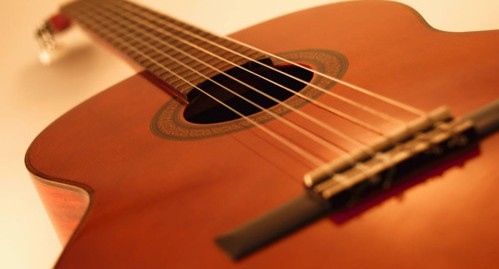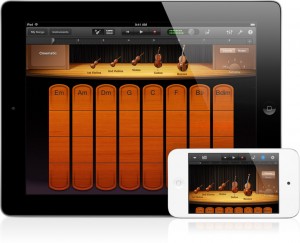Over the years, I have created quite a few finished compositions. For the most part I can say I’ve been happy with many of them, given that I’m pretty tough on myself on what I consider “a composition”. But it can be hard to find the right idea to start a composition or to simply finish one already started. Perhaps you start getting an idea for something but somewhere along the line the composition just goes down the wrong track and you can’t undo that pathway to nowhere. Or you can’t find the “magic notes” you are looking for. I can only speak for myself in terms of what has worked for me and in terms of the compositional level I believe I have attained. Much as I wish I were Mozart able to write entire movements on a dinner napkin, I am not. It is obviously the ideal to be able to have a fully realized musical imagination that you can take straight to paper, but this ability is truly rare and the best the rest of us can do is aspire and use all the tools available to us to reach our goals, be they modest or ambitious.
So what are some of the the techniques you can use to bring about success? First of all, you should accept that there is no one way to go about composing. Let answer some basic questions most students of composition have expressed at one time or another:
- Should you compose melody (and or lyrics) and chords after? Or vice-versa
Answer: Either work. This is documented fact from composers interviewed about this- at least if you are not talking about “serious composition” (i.e. symphonic works, etc).
- Should you plan out what you want to write before hand or just follow your instincts?
Answer: Either work. I have had just as much success with “goal oriented” composition (ie. “I need a fast jazz tune”) as following my imagination. I’ve written out blank bars with change sketches and filled in the gaps. Basically the only difference is how you start and when/how real inspiration kicks in. It’s better of course to be truly inspired always but that is often impractical. This is also true when improvising. Sometimes you just hear and feel the notes to play but often you have to throw something out there- hopefully something sound structrually – to just get the feedback loop started.
- How do I know whether my composing/composition is good enough?
Answer: Damn good question 
Although value judgements are obviously subjective,nevertheless these things probably hold true if you are a good or talented composer:
- People often like to play your tunes without you asking them if you can play them together.
- You have a pretty good repertoire of tunes that you can play by ear. Why is this important? If you know tunes internally, this manifests in your knowledge of structure, melody and harmony for your own compositions. And you can find melodies by ear – this helps not only with someone else’s melodies but yours as well.
- Your tunes sound good when you sing them. There are examples of tunes they are too complex to sing it’s true, but you have to have at least a few that can be sung. Remember, Beethoven’s wrote some killer adagios.
- How much is TOO much editing?
Answer: Another damn good question:)
Again speaking of Beethoven – most people know the story of Beethoven’s 9th Symphony scores being an absolute mess. Ofcourse to us it doesn’t sound that way. Some people edit a lot and some just write straight thru. Sometimes better things can reveal themselves rather than going for the “first thing that sounds good to you”. Especially once you take in a composition in it’s totality(more on this later).
Next time: Part II



